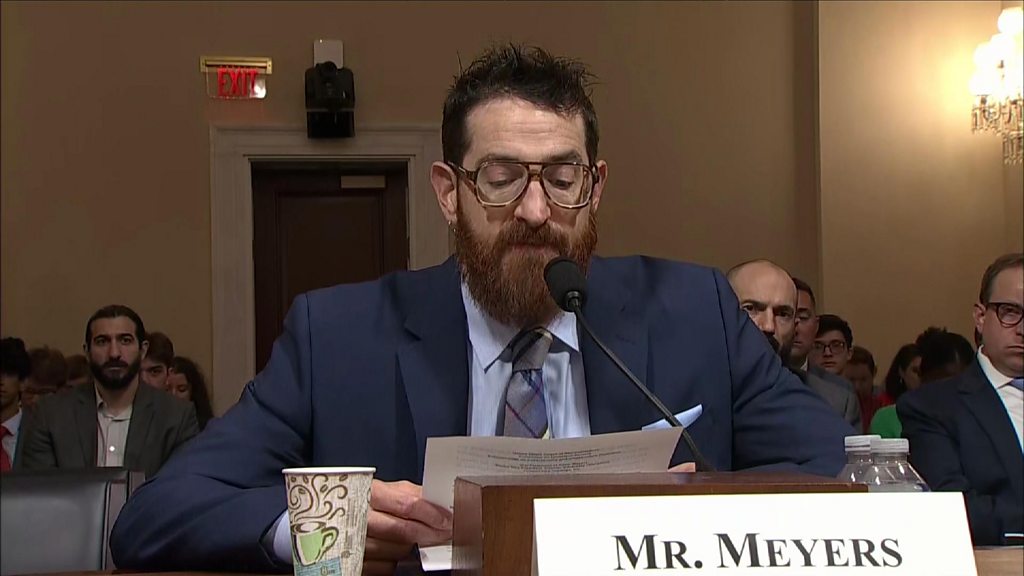CrowdStrike Executive Addresses Global IT Outage Before Congress
3 min read

CrowdStrike, the cybersecurity firm, found itself under intense scrutiny during a congressional hearing on Tuesday regarding a significant global IT outage that occurred in July. Adam Meyers, a senior executive at the company, testified before a U.S. congressional committee, explaining the circumstances surrounding the faulty software update that left millions of PCs inoperable on July 19.
The incident had far-reaching consequences, impacting payment services, grounding flights, and leading hospitals to cancel appointments and delay critical operations. In his testimony, Meyers expressed the company’s deep regret for the disruption caused to millions of users and assured lawmakers that CrowdStrike is committed to preventing similar occurrences in the future. He characterized the outage as a result of a “perfect storm.”
During the hearing, members of the House of Representatives’ cybersecurity subcommittee pressed Meyers for details on how such a widespread outage could happen. Mark Green, chairman of the House Homeland Security Committee, described the situation as a catastrophe, likening it to a scenario one might expect from a Hollywood film. He emphasized that the widespread impact of the faulty update resembled an attack typically executed by a sophisticated nation-state actor, noting, “Instead, the largest IT outage in history was due to a mistake.”
In response, Meyers assured the committee that CrowdStrike would actively work on and share the lessons learned from this incident to bolster future cybersecurity measures. He faced a variety of questions during the 90-minute hearing, including technical inquiries about whether the company’s software should have access to critical components of device operating systems.
The hearing also touched on broader issues, such as the role of artificial intelligence (AI) in cybersecurity. Congressman Carlos Gimenez raised concerns about the potential for AI to generate malicious code. Meyers acknowledged that while AI technology is improving, it is “not there yet.” He clarified that AI was not responsible for the erroneous update that caused the global outage, emphasizing that CrowdStrike regularly releases between 10 and 12 configuration updates each day.
Lawmakers expressed concern about the implications of large-scale cyber events for national security, noting that bad actors could exploit the confusion and panic created by such outages. Despite the gravity of the situation, Meyers did not face the same level of hostility that some technology executives have experienced during congressional testimonies. Congressman Eric Swalwell pointed out that the committee was not there to “malign” CrowdStrike, while Chairman Green commended Meyers for his humility throughout the proceedings.
The focus of the hearing shifted toward collaboration between the company and the government to prevent future incidents, rather than placing blame. However, CrowdStrike still faces several lawsuits stemming from the July outage. Individuals and businesses affected by the disruption have voiced their frustrations, with some claiming it “totally ruined” their vacations or resulted in substantial business losses.
In particular, the firm is facing legal action from its own shareholders and Delta Airlines passengers who were stranded due to thousands of flight cancellations linked to the incident. Delta Airlines reported a staggering loss of $500 million due to what it described as CrowdStrike’s “negligence.”
As the cybersecurity landscape continues to evolve, the incident highlights the critical importance of robust software updates and the need for stringent oversight within the tech industry. Lawmakers and experts alike are emphasizing the necessity for greater accountability and collaboration to ensure that such widespread outages do not recur. The ongoing discussions in Congress may shape future regulatory frameworks aimed at enhancing cybersecurity and safeguarding critical infrastructure from similar vulnerabilities.